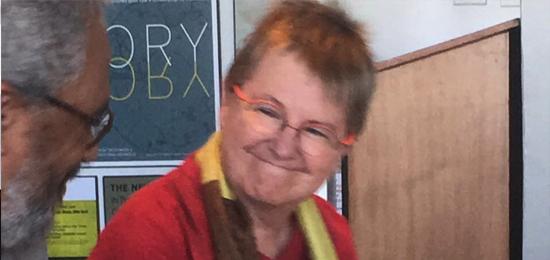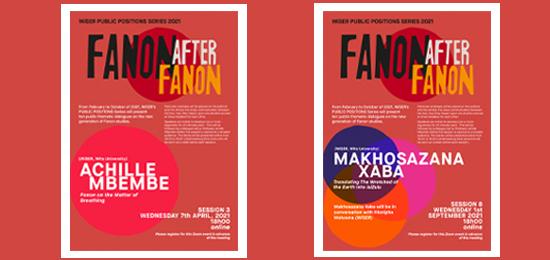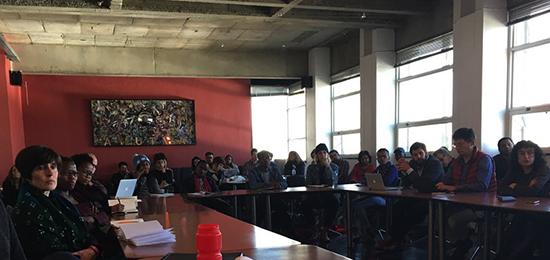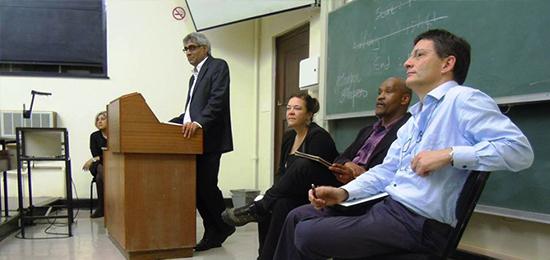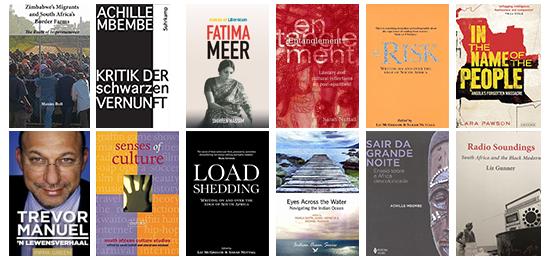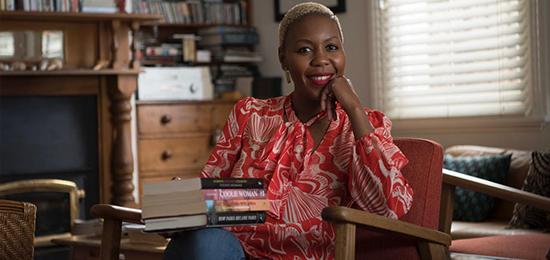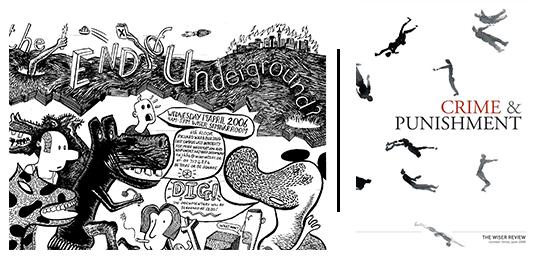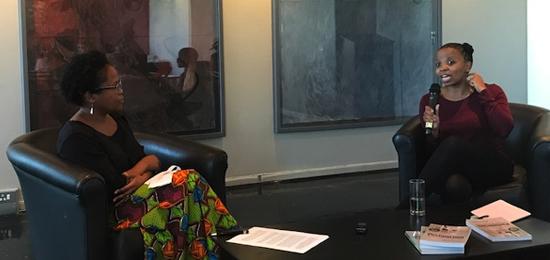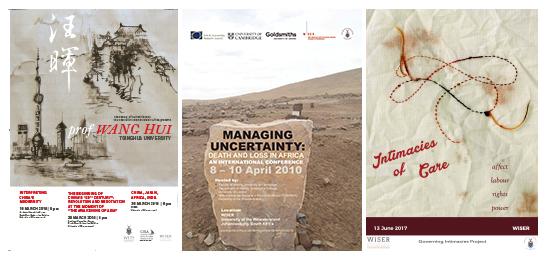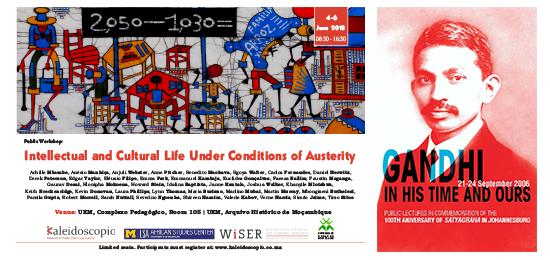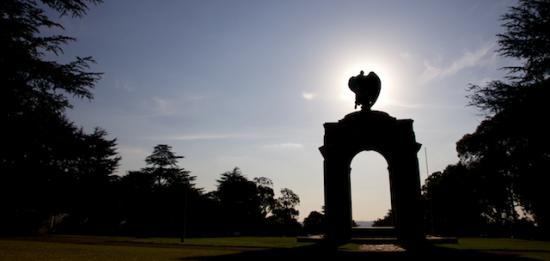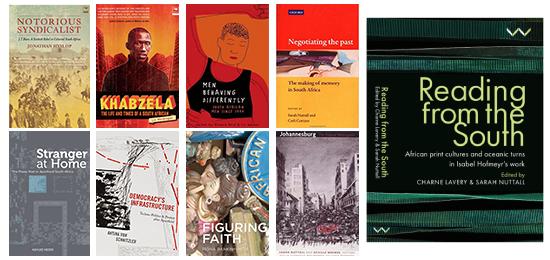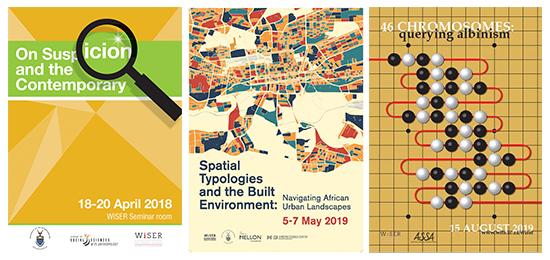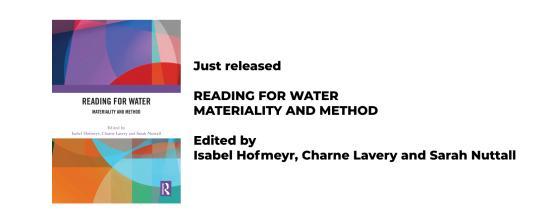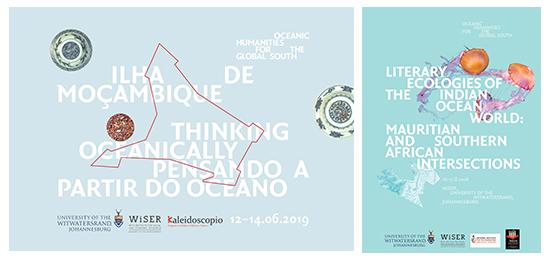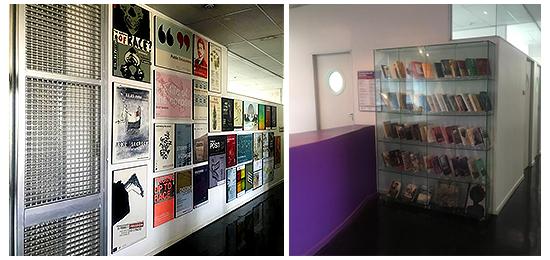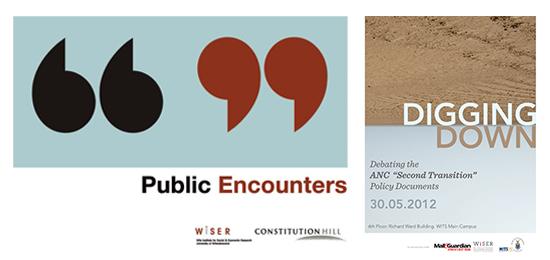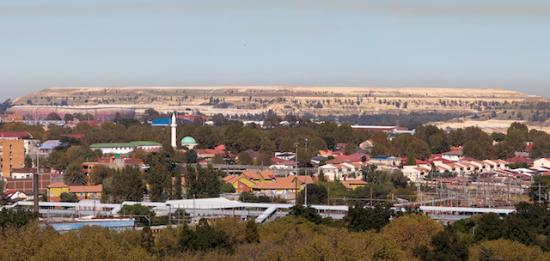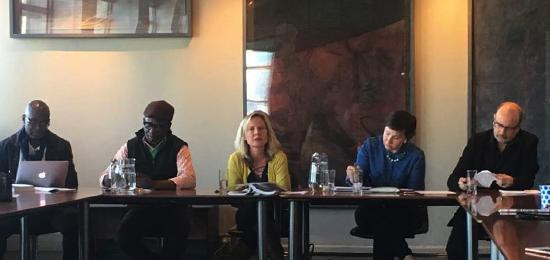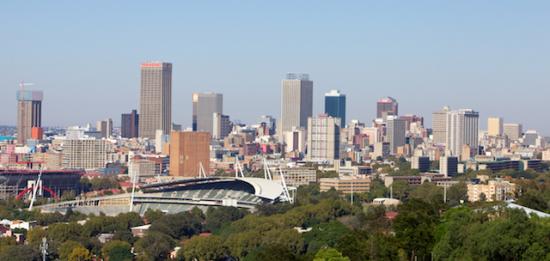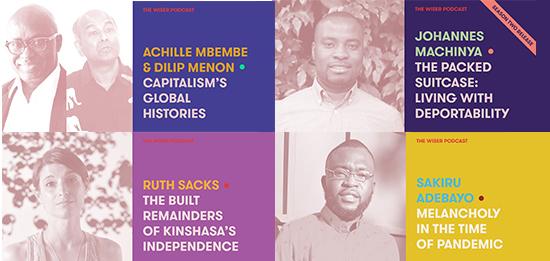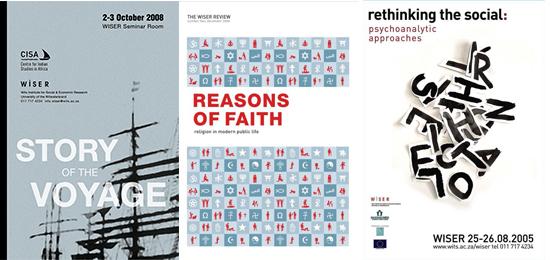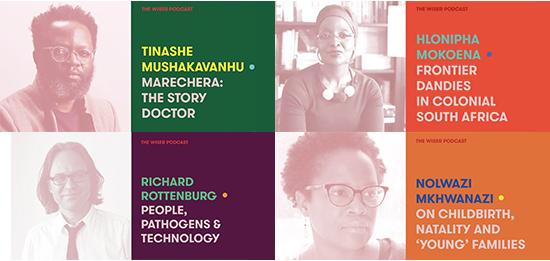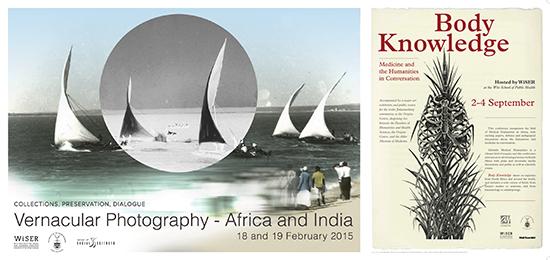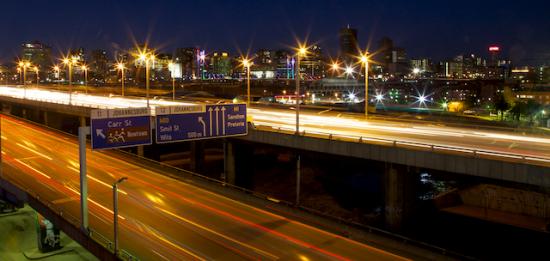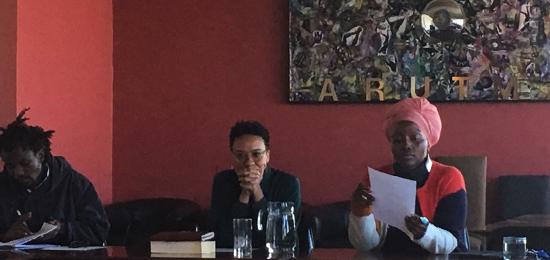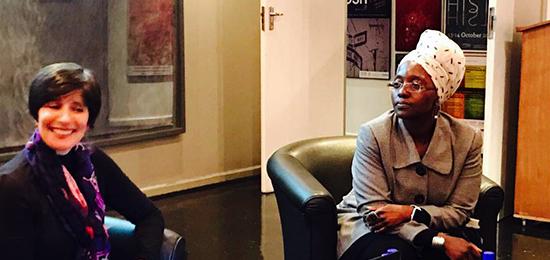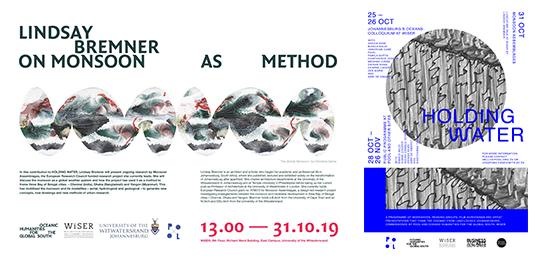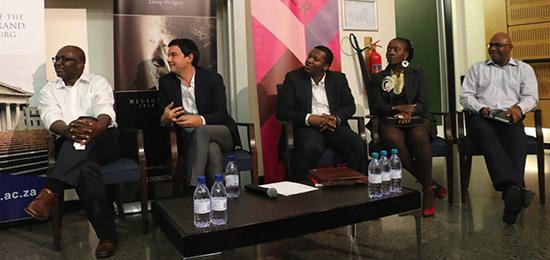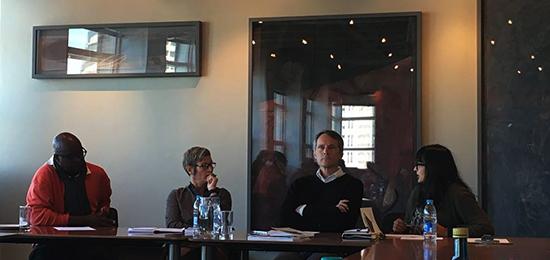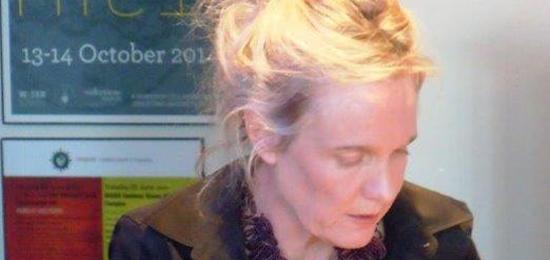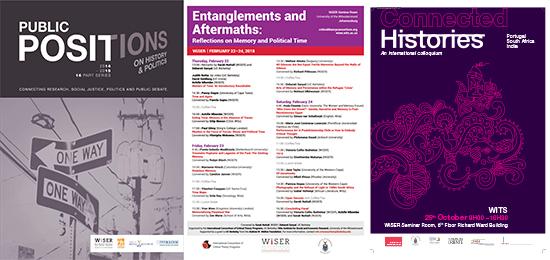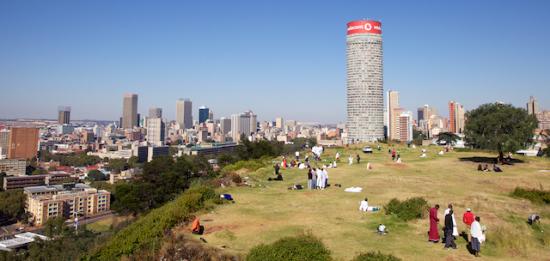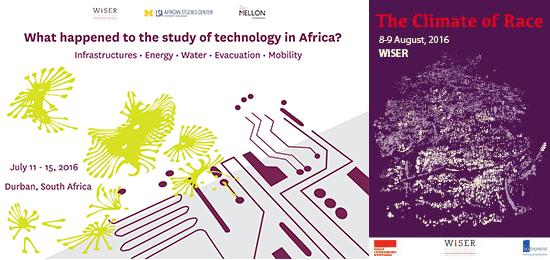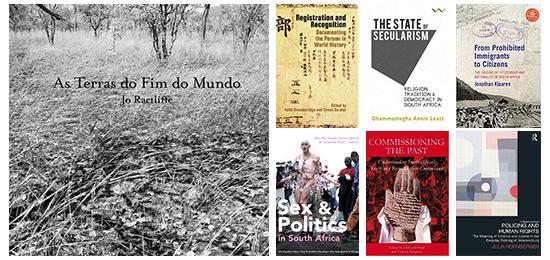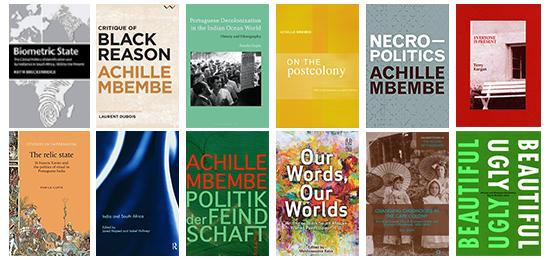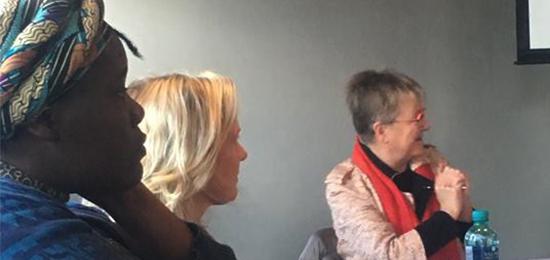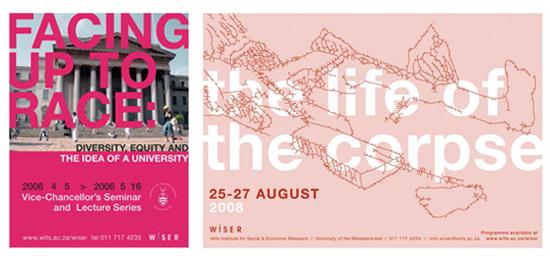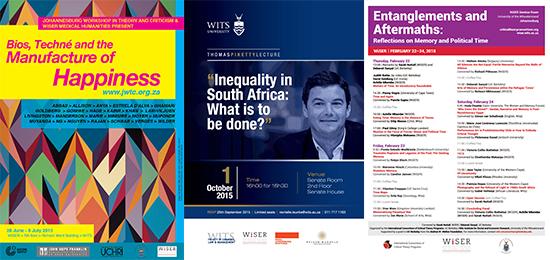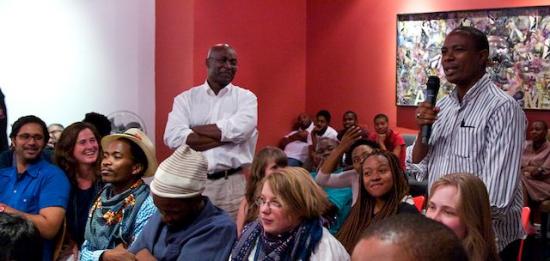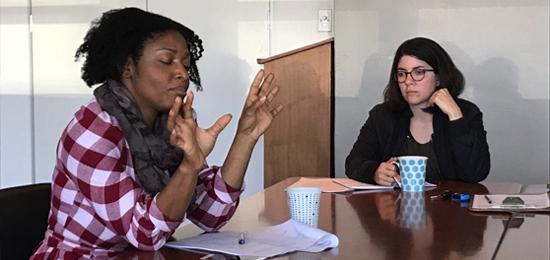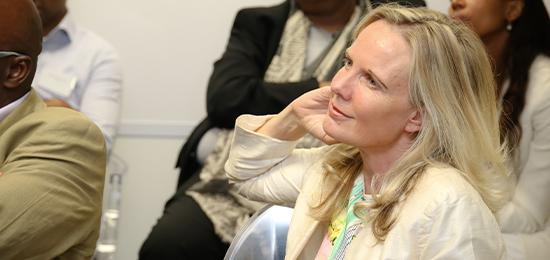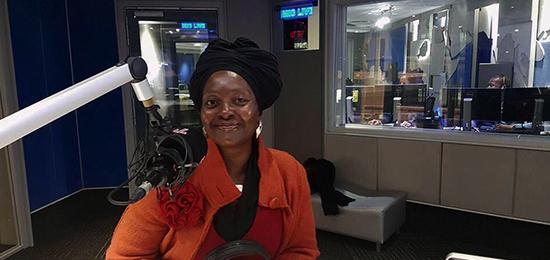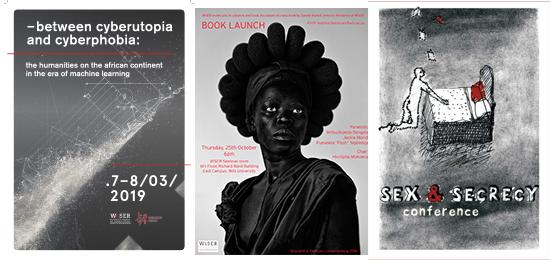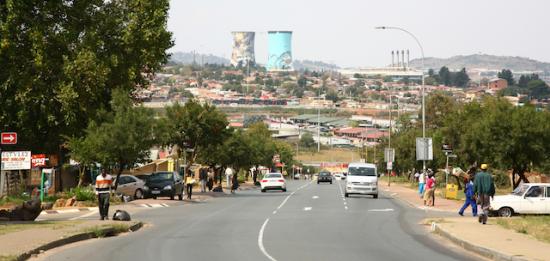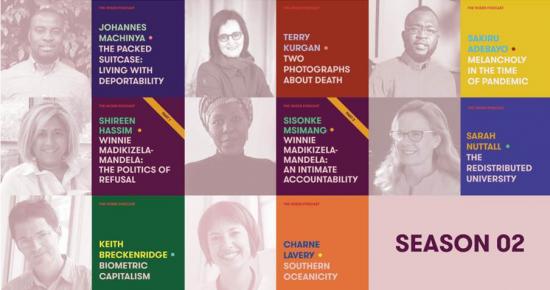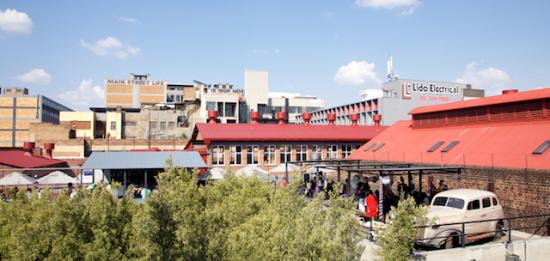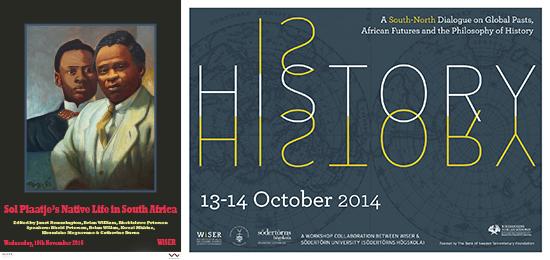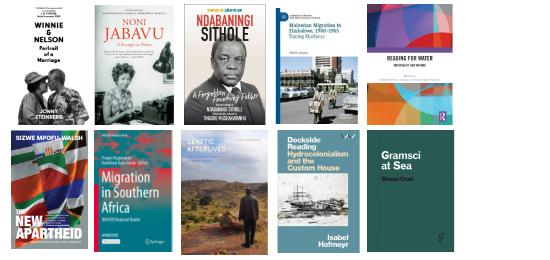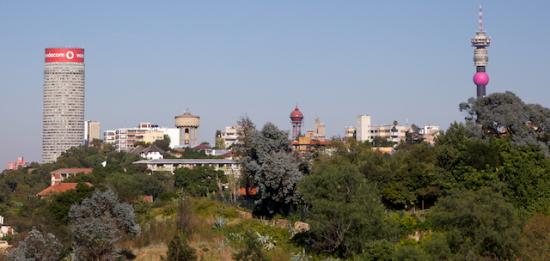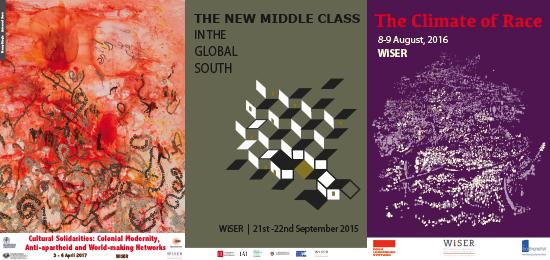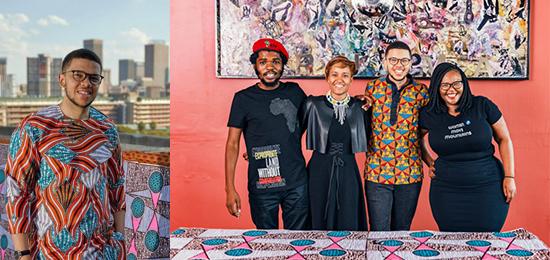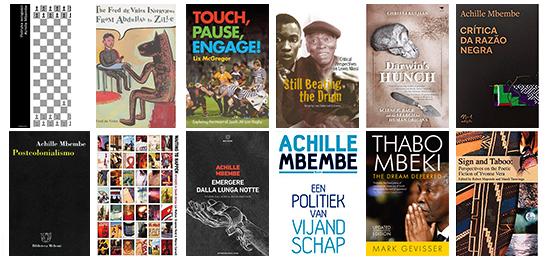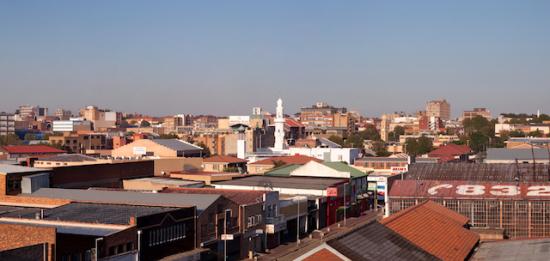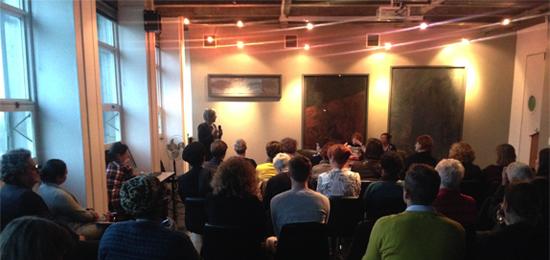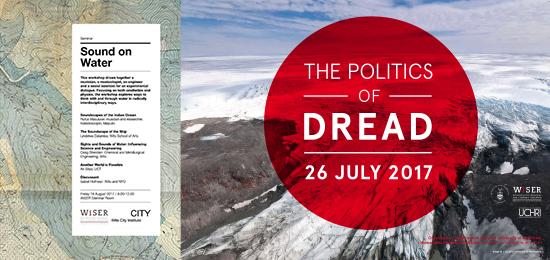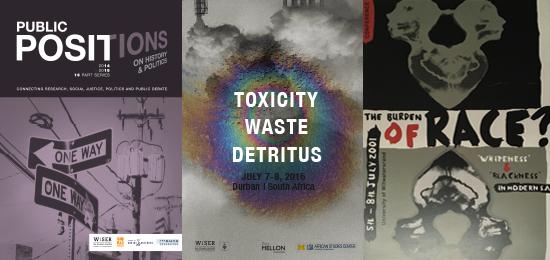After Decolonization? A new WISER project
After Decolonization?
A research project that will run at WISER from 2022-2023
Five years after renewed decolonization debates first challenged South African universities, and many institutions across the world, to rethink their institutional structures and cultures, and nearly fifty years after African decolonization processes on the rest of the African continent, it is important to ask, in both a contemporary and historical vein: what happens after decolonization? The current global debate assigns institutional and academic processes to an endless present of ‘decolonizing’, with their epistemological and political horizons not only becoming less clear with time but also with the co-optation of such processes by the academic North and the continuing brain drain of African academics to northern institutions (including many decolonial activists themselves). In the context of unfairly distributed knowledge regimes and economic disparities of an enormous order, it seems time to revisit the question of the future.
Recent calls for, and gains made in relation to, decolonial critiques of our institutions, particularly (public) universities, have been important, even critical, to thinking and acting on how universities can distribute themselves differently (see Nuttall, 2020). In the first instance, calls for what Sarah Nuttall has called ‘the redistributed university’ have related to renewed claims of belonging and processes of economic justice. One of the key successes of the decolonial movements has been in relation to the in-sourcing of workers. Despite the technocratic languages of in-sourcing and out-sourcing which the neo-liberal university has increasingly relied on, these processes have given university workers (who became essential workers in fact, during the Covid period) more money, more access and a greater sense of belonging to the university commons that is always in the making. Thus a debt of social justice has been partially paid. Moreover, the names of buildings on campuses in South Africa have been widely changed, art collections have been rethought away from the question of symbolic injury and closer to providing a sense of habitability for all on campus. And in many universities departments, sustained processes of rethinking outdated and insufficiently Africa-centred curricula have been underway for some time. So, too, have university fee structures been rethought, with many more bursaries made available to working class students. None of this is enough, but much has been gained in the effort to democratise institutions of colonial privilege.
At the same time, inequality has continued to stalk the African university. And the unequal distributive regimes of North and South have seen the wealth gap increase exponentially. The paradoxes of decoloniality as it is now practised in the North continue to rise formidably. Yet, too, substantial gains have been made since the early years of decolonisation on the African continent. Here it seems important to turn to a historical perspective on this problem.
Over the last two decades, African universities have recovered, somewhat, from the crisis that was triggered by structural adjustment in the 1980s. In 1990 there were 450 higher education institutions on the continent; there are now 1,700 (many of them privately-owned for-profit colleges). Numbers of enrolled students have grown from 3 million in 1990 to 15 million today (still only 1% of the population). But budgets for university research have not kept pace with the expansion of enrolment – the 2020/21 Kenyan higher education budget for thirty public universities has been cut from $1.6bn to $1.1 (less than the budget of Harvard’s faculty of Arts and Sciences.) In South Africa, nearly half of the $7 billion national budget for its 27 universities is now allocated to the subsistence needs of low- and middle-income students. Scholars based in the metropolitan universities continue to produce volumes of (excellent) work on the intrinsic limits of the forms of knowledge that have been produced in and of the global North, while resources of all kinds – public, philanthropic and private fees -- continue to accumulate in the same northern institutions.
The predicament of the research universities on the African continent is only partly a matter of resources. Dating roughly from the turn of the century, a host of talented young African scholars have been adding their intellectual strength to the strongest, most-well-endowed Northern universities. Many of them trace their scholarly roots to national university systems and traditions of research on this continent that are on, or over, the verge of collapse. This is especially true for the substantial Zimbabwean intellectual diaspora – but also Nigerians, Mozambicans, Ugandans, Egyptians and increasingly, South Africans.
The current institutional structures of scholarly debate often drive these geopolitical patterns of research subordination. African Studies, though marginalized in European and US universities, nevertheless speaks for scholars who are Africa-based and working to build and sustain African institutes. The charge that theory making, in particular, is not authentically African is still used by metropolitan scholars to discount the most successful research on the continent. At times, existing research excellence from this continent is seen as not being in need of resources and support. Increasingly, too, outmoded models of internationalization mean that Northern funders and institutions seek ‘Southern’ partners, yet those ‘partners’ in the South are so under resourced that they give endlessly of their ideas and intellectual capital but gain very little in terms of the salaries and support systems that any intellectual institutional infrastructure needs not only to survive but to grow and flourish. Finally, we ought to consider questions of decolonial theory and migration – the paradoxes inherent in the fact that Southern talent still seeks out the so-called centre, but decolonised theory is itself frequently a form of personal intellectual capital whose value is licensed in the most privileged institutions.
All of this points to the need for a sustained and recalibrated set of debates which both acknowledge the force of the decolonial challenge and subject ‘decolonization’ to new and urgent questions relating, as we have suggested above, to the recalcitrant distribution regimes which continue to haunt it. The question of Africa as site and substance of 21st century knowledge production remains at the centre of those questions.
Finally, animating this set of debates, which we believe it is time to review and revisit, is this question, both actual and to some degree rhetorical: what is the future that the decolonised university wishes to imagine, in relation to multiple pressures and struggles including economic pressures, struggles for social justice, rapid technological change and an international commons both in the making and always subject to the increasingly exclusions or drownings out of Africa-based voices?
Research topics will include
The Redistributed University Revisited this session will focus on how we can work in relation to what we know are the inequities of North and South (and their skewed and unfairly distributed knowledge regimes) while building a properly planetary engagement; questions of scale, of the growing wealth gap and the possibilities of harnessing digital distributional regimes to build a more accessible, just and Southern-inflected knowledge commons will be my focus here.
Colonial Problems in Surveillance Studies This theme will examine a paradox that lurks in the recent global arguments that surveillance capitalism marks the adoption -- in the Anglophone North especially -- of colonial methods of value expropriation. The same scholarship systematically ignores the actual conditions of knowledge production and state-building under colonialism, and afterwards, that are producing very powerful (and potentially dangerous) tools of automated assessment and tracking on the African and Asian continents.
The politics of curation and restitution after Decolonization. Art fairs and African artists -- with at least some connection to the continent -- are producing globally compelling visual objects, now more than ever. Key institutions in the North are working hard on programmes of restitution, but what does restitution do for African artists, curators and institutions, and their relationships with each other?
Climate-transformed scholarship The regimes of inequality outlined in the proposal will all be substantially exacerbated by accelerating climate change. While engaging with the larger debates on this topic, this aspect of the project will focus on southern African environmental humanities and its contributions to creating decolonial forms of knowledge.
Decolonization, New Migrations, and the Southern South This intervention attempts to map a future decolonial landscape of South Africa’s academy, one that connects the politics of location to the work of academic migration, tracking student exchanges, research collaborations, and horizontal mobilities that are increasingly taking place across what I am calling the ‘Southern South’ (a reverse ‘brain drain’ of sorts) to take up department positions and build innovative research programs in the face of the global neoliberal model of higher education.
Rethinking Knowledge in a Computational AgeA paradox of our times is the extent to which calls for decolonization seem to underestimate the fast changing knowledge ecology. This relates not only to a renewed dialogue between the humanities and the biological and environmental sciences; it is also shaped by the fact that computation has changed the ways in which some of the most basic concepts are framed in all disciplines. It is not only the entire knowledge ecology that is fast changing. It is also what actually counts as knowledge. What new research agendas are triggered by this incipient convergence? To what extent do these changes affect the very forms of knowing and the subject of knowledge?
The History of Black Lawyers in South Africa and Beyond II: Debating Pasts and Futures An August 2022 workshop was held at WISER on the theme ‘A History of Black Lawyers in South Africa.’ This 22 September online panel discussion extends the insights and questions that the workshop raised. How do we best uncover and narrate the histories of black lawyers in South and Southern African contexts, and beyond? How does this work intersect with, or pull against, issues of decolonisation and globalisation? How have black women in the legal profession confronted the barriers placed in their way? How do Africa-based debates on these issues speak to those emerging from elsewhere in the world? The panel will debate and advance these questions and research agendas.
On Equity and Vaccines The Coronavirus pandemic brought many old and still burning questions back to the fore. One of them enquires into contradictions between market driven pharmaceutical research, definitions of intellectual property rights and national interest on the one hand, and on the other the simple truth that a global pandemic cannot be stopped by vaccinating some populations and not others.
Outcomes
The project will result in substantive journal articles drawn together into a carefully crafted special issue of a major journal. In 2023 we will convene a Symposium on the topic, in collaboration with other institutional partners.
 WISER gratefully acknowledges the support of the Oppenheimer Memorial Trust for this project.
WISER gratefully acknowledges the support of the Oppenheimer Memorial Trust for this project.


